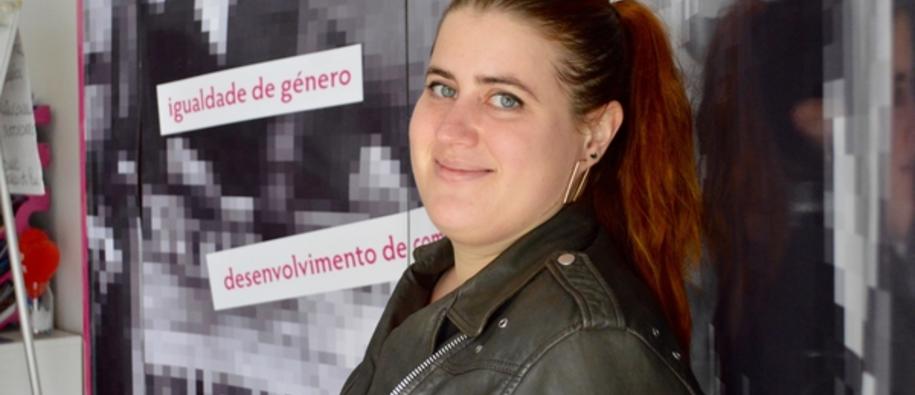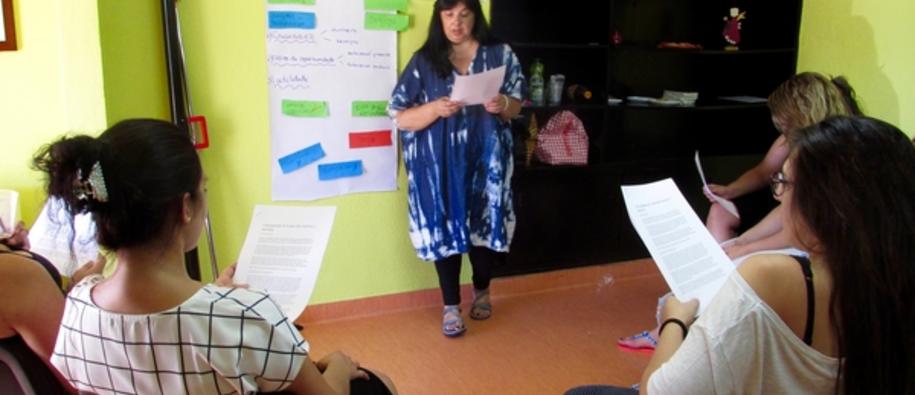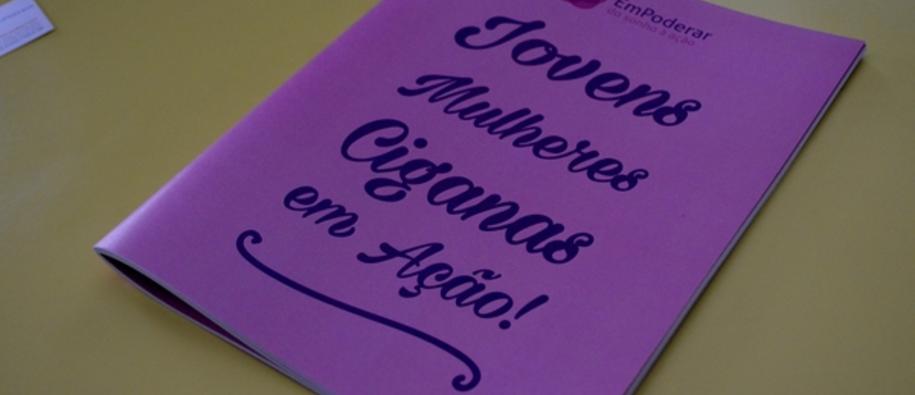“It’s the most discriminated minority in the country, segregated from society in every way. This hurts the women especially,” says Nora Kiss. She is project promoter for `EmPower; from dream to action´, an award winning project that has shed light on a hidden society where young women in particular are having great difficulties in accessing to the labour market.
"The heart of this project is the community of Roma and, specifically, of young women, who are subject to discrimination and exclusion. One of the goals is to confront the gap between public institutions and the Roma communities (…) The project takes into account all the work of care, breastfeeding and the presence of small children, recognizing the role of these women as the main or only caretakers. Most young people have completed only the first cycle of basic education."
No one knows how big the Roma population in Portugal is, but it is estimated to be between 40 000 to 80 000 individuals. According to European Union Agency For Fundamental Rights (FRA) Roma women have a lower literacy rate (77 %) than Roma men (85 %). Gender differences are highest in Portugal where 55% of Roma women aged 16 years and over can read and write compared with 77 % of Roma men.
“A life changer”
Now eleven Roma women want to change this stubborn trend of social exclusion by developing female entrepreneurship within the Roma community.
“Since I joined the project, I have totally changed. I have learnt a great deal during this period and hope to learn much more about entrepreneurship and human rights,” says Anaisa, with her 20 years she is one of the scheme’s younger participants.
Anaisa is one of the 11 Roma-women, between the age of 18 to 30, whom the project has taught basic skills such as reading and writing. In addition, they have been given a grounding in social entrepreneurship and educated in basic human rights.
Anaisa’s positive experience is confirmed by the project promoter Nora. She explains that the women loved the project with their initial hesitation giving way to total involvement.
“They saw the value of the training and they all identified the project as a life changer,” says Nora.
After almost a decade working with Roma inclusion in the NGO sector, Nora describes the Roma community as an entirely different world.
“Despite the community’s geographical proximity to Lisbon, they are in many aspects hidden away, even from official statistics. Children don’t attend school and there is no interest in helping them. To treat a community this way is not befitting for today’s Portugal. As a result, the Roma-population have a general lack of trust in the society,” says Nora.
Interested in other EEA-projects in Portugal? Read about how a comic book made climate change more accessible.
The powerful impact of a beauty salon
After the workshops and training sessions, the project took an unexpected turn. The Roma women wanted to use the knowledge gained from the workshops to establish a community centre customised to their particular needs.
And hence the women created a cafe for women. They also wanted it to be a preschool where mothers could leave their children during work. In January, the community centre opened its doors.
“The salon creates new jobs inside the community, as well as a social space dedicated solely to Roma women,” says Anaisa who is particularly satisfied with the new beauty salon.
Political awareness
Despite the successful outcomes the implementation of the project faced some challenges.
“We needed to customise the projects to these women’s traditional culture; Roma women in this community were not allowed to do anything by themselves. Therefore, we were quite dependent on mediators when establishing a relationship with family members and spouses in the community,” says Nora.
Since the implementation, the project has received a great deal of attention in the media. According to Nora, the project has had a significant impact and highlighted a topic that seldom receives any attention in Portugal.
“We invited politicians and other decision-makers into the Roma-community so that they could see the living conditions for themselves. I think it was an eye-opener and we are experiencing an increased political engagement with Roma inclusion policy,” says Nora.
`EmPower; from dream to action´ was financed through the EEA Grants and implemented in 2015 as a part of the NGO Programme in Portugal. The overall objective of this programme was to strengthen civil society development and enhance contribution to social justice, democracy and sustainable development.
Did you find this story interesting? Please have a look at other projects that are financed through EEA Grants and Norway Grants in Portugal:




